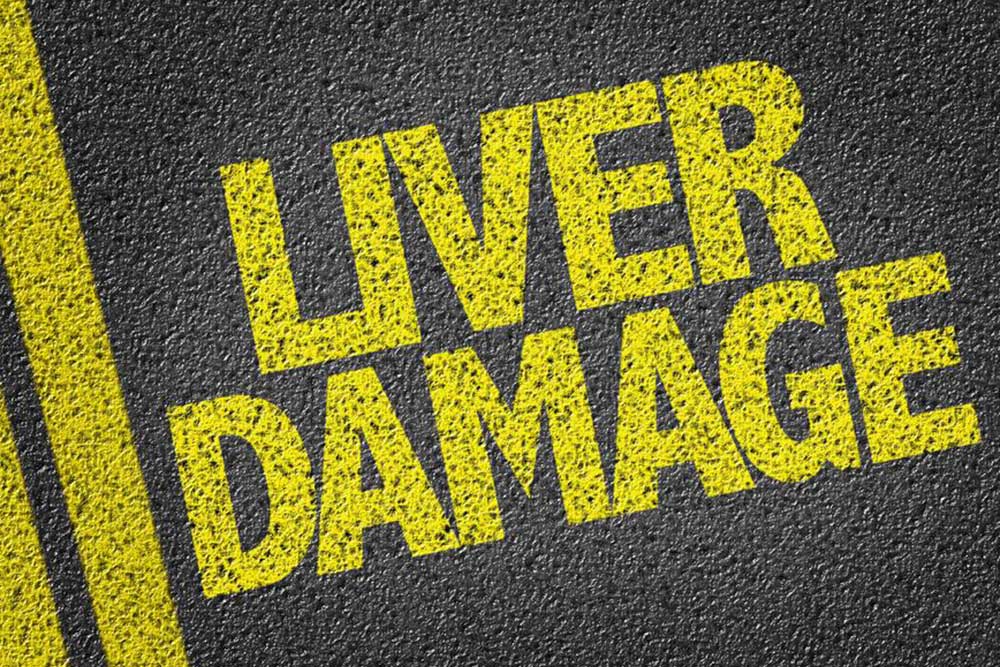Comprehensive Guide to Recognizing Early Signs of Liver Health Problems
This comprehensive article explores the early warning signs of liver health issues, emphasizing the importance of recognizing symptoms such as dark urine, digestive disturbances, and persistent fatigue. Early detection is key to preventing severe liver diseases, and understanding these signs can guide timely medical intervention. The guide covers common symptoms, their significance, and recommended diagnostic steps, empowering readers to take proactive care of their liver health.

Comprehensive Guide to Recognizing Early Signs of Liver Health Problems
The liver plays a vital role in maintaining overall health, yet many people are unaware of the early warning signs that indicate its health may be compromised. Factors such as long-term medication use, unhealthy dietary habits, excessive alcohol consumption, and certain medical conditions can negatively impact liver function. Recognizing these early indicators is crucial for timely intervention and effective treatment.
The liver, the body's largest internal organ, is essential for processes like digestion, detoxification, and nutrient metabolism. When its function begins to decline, the body often sends signals through specific symptoms that should not be ignored. Early detection of these signs can prevent severe liver diseases such as cirrhosis, hepatitis, or liver failure.
Common symptoms associated with early liver problems include changes in skin and urine, digestive issues, and systemic fatigue. Understanding these signs empowers individuals to seek medical advice promptly, leading to better health outcomes.

Dark Urine and Pale Stool Changes
One of the most noticeable early symptoms of liver trouble is a change in urine and stool color. Darker urine can occur when bile pigments, which the liver normally excretes, build up in the bloodstream and are expelled through urine. Conversely, pale or clay-colored stools may indicate a blockage or decreased bile flow, both signs of potential liver issues.
Loss of Appetite and Digestive Discomfort
A sudden or persistent decrease in appetite can be caused by liver dysfunction. When the liver is inflamed or damaged, it hampers digestion, leading to nausea, bloating, and a feeling of fullness even after small meals. These digestive disturbances are early signs that warrant medical evaluation.
Persistent Nausea, Vomiting, and Acid Reflux
Ongoing nausea, frequent episodes of vomiting, and acid reflux are common complaints linked to liver health. These symptoms often accompany other indicators like abdominal discomfort and can be indicative of liver inflammation or early cirrhosis. Addressing these symptoms early can prevent progression to more severe liver disease.
Many people experience episodes of diarrhea or indigestion, which could point to compromised liver function.
Upper Right Abdominal Pain and Bloating
Pain localized in the upper right quadrant of the abdomen, beneath the rib cage, is a significant warning sign. The pain can be sharp or dull, radiating to the shoulder or back, and may be accompanied by swelling, cramping, or tenderness in the area. This discomfort often signals inflammation or congestion in the liver.
Unusual Fatigue and Weakness
Chronic fatigue that persists despite adequate rest is a common early symptom of liver problems. When the liver cannot adequately process nutrients and toxins, toxins accumulate in the bloodstream, causing feelings of exhaustion, malaise, and sometimes weight loss. Recognizing persistent fatigue as a possible liver issue can prompt further investigation.
To accurately diagnose liver health concerns, medical professionals may recommend blood tests like liver function tests (LFTs), ultrasound scans, or biopsies. Early diagnosis enables effective management and helps prevent the progression of liver damage to more serious conditions.





